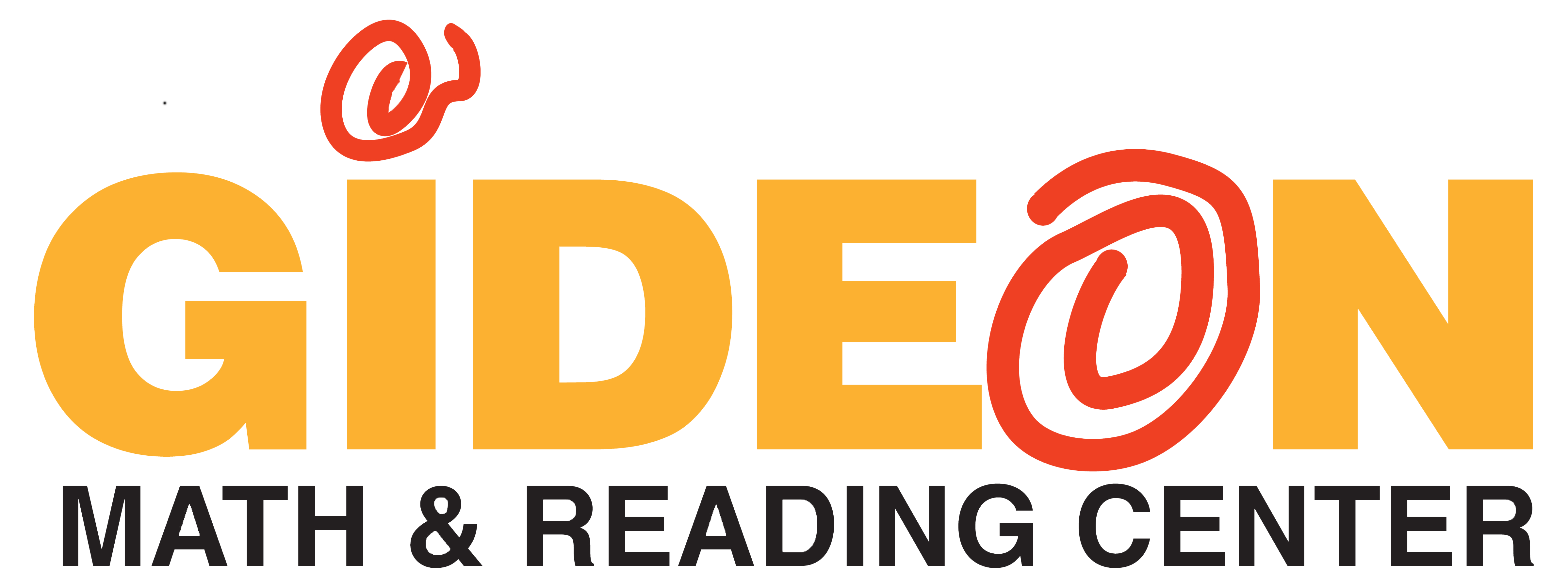Math vocabulary has changed quite a bit from even just 25 years ago when I was in elementary school. While the more precise language can be confusing to parents and not what they are used to calling the operation or characteristic, sometimes the changes are appropriate. Michael Chandler at the Washington Post talks about it here in his article, “Today’s math vocabulary exposes generational divide.”
Interested in helping your child with math homework? You might need a math-English dictionary.There’s not a lot of “borrowing” in subtraction these days. Instead there’s “regrouping” or “decomposing.” “Reduced” fractions are now “simplified” or simply “equivalent” fractions. And let’s call a “diamond” what it really is, please: a “rhombus.”
As the nation strives to increase the rigor of math instruction, educators are cleaning up their math vocabulary. Gone are those friendly, metaphorical words — squares don’t have “corners,” they have “vertices.” And we’re not talking about “number sentences”; these are “equations.”
I have to personally agree with this comment concerning the term, borrowing, below from Professor Fennell.
Mathematicians have been campaigning to abolish the term for decades.
“The problem I have with ‘borrowing’ — you know, we never give it back!” said Francis M. “Skip” Fennell, a professor at McDaniel College in Maryland and one of the advisers who helped write the common core standards.
Don’t get him started on “carrying,” a term often used when adding numbers. “Where are you carrying it to? The corner? The principal’s office?” he said.
At Gideon, we use the terms regrouping for addition (instead of carrying) and ungrouping for subtraction (instead of borrowing). Even though you could use regrouping for both operations, we like different terms to imply different directions or actions. With regrouping, you have added two numbers which created 10 or more separate pieces that can be grouped together again as something new. With ungrouping, you are taking a ten or hundred and breaking it back into separate smaller pieces or undoing the group to have enough to subtract.
Also ungrouping works well when describing the operation needed sometimes for subtracting mixed numbers.
However, truth be told, I grew up hearing ‘borrowing’, and it still slips out!
Even with our adjustments, I don’t think elementary school math textbooks should be altered to reflect all the proper terms in college math as we always break complex words and meanings into smaller, easier bits for children. As you get older, your vocabulary expands, and you are able to understand equivalent terms.
Read the rest of this article here.
